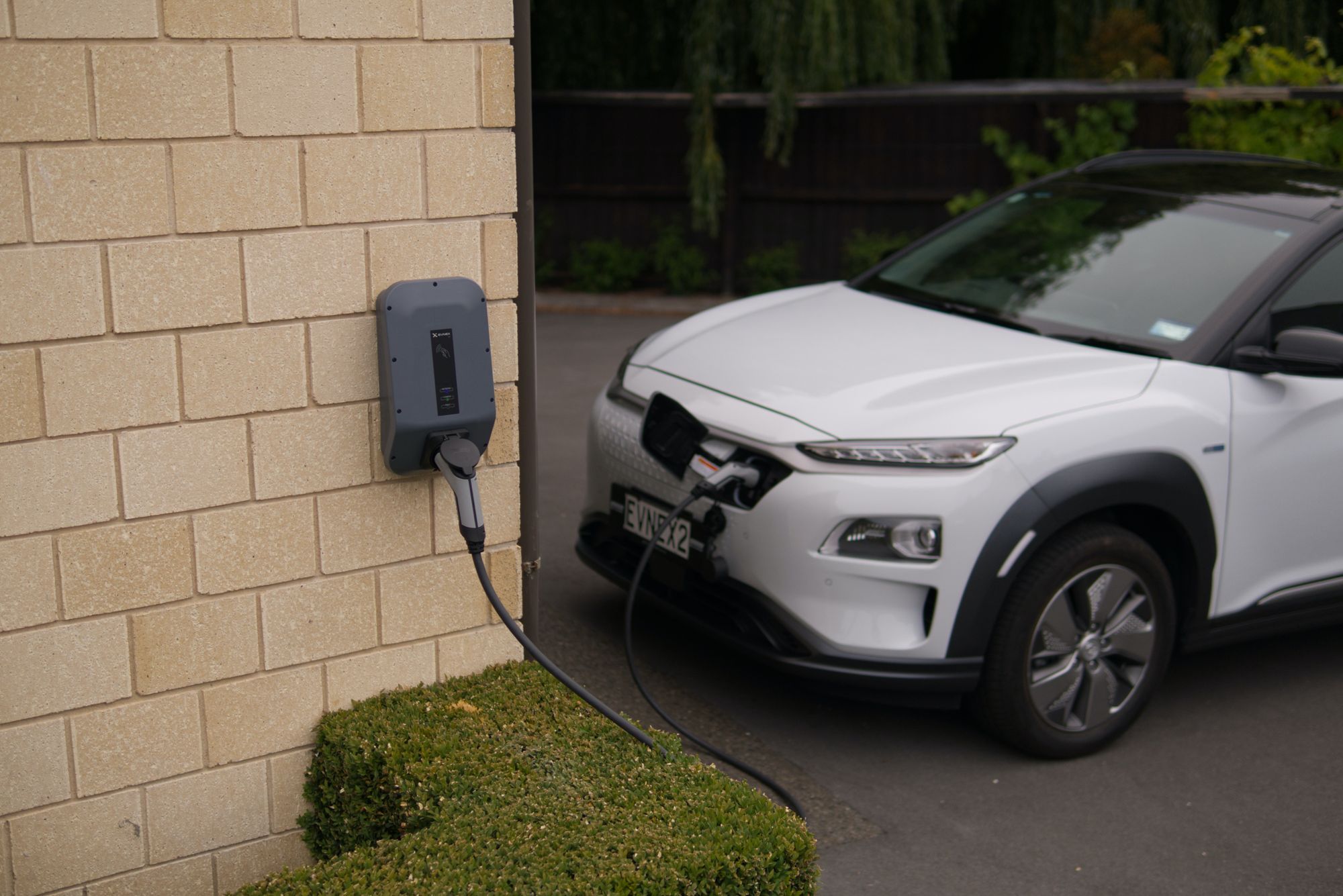The Office of Gas and Electricity Markets, supporting the Gas and Electricity Markets Authority, devised a new strategy to ensure that the infrastructure and technology are in place for the rapidly multiplying number of EVs on the road.
With an expected 14 million EVs by 2030, Ofgem’s plan includes:
Ensuring the energy network is prepared for EV uptake: Ofgem will ensure network capacity is in place to support the rollout of electric vehicles, with billions more in network investment expected to follow as part of the next network price control. Investment is already taking place, with £300 million approved by Ofgem in May 2021, half of which will be used to develop EV infrastructure, which will make it easier to connect to the grid and support the development and uptake of smart and vehicle-to-grid charging.
Making connections to the energy network easier: Ofgem is proposing to bring down costs for large users, such as electric vehicle charging stations, of connecting to the grid where reinforcement is required. This is an important change that will enable a greater number of people to have access to charge points where they need them. Approximately £150 million will be spent on EV infrastructure, including rapid charge points – whilst the costs of connecting to the grid could be lower under the new plans for large users such as EV charging stations.
Maximising the benefits of smart charging: Smart charging electric vehicles at periods of low demand will enable EV owners to fuel their EVs for less and will make more efficient use of the system as a whole, saving money for everyone.
Working to support the development of vehicle-to-grid: Vehicle-to-grid technologies will allow EV owners to earn money by exporting electricity back from their car battery to the grid when it is most needed. This will help reduce the amount of electricity generation needed at peak times. Exporting electricity through vehicle-to-grid, if combined with the uptake of smart charging, could reduce peak demand equivalent to the generation capacity of up to ten large nuclear power stations. This would reduce the overall cost of running the electricity system and help keep bills lower for all consumers, including those who do not own electric vehicles
Helping drivers switch to EVs: Ofgem will work with energy suppliers and innovators to make sure there is a range of products, services and tariffs for UK energy consumers to take advantage of. It will ensure consumer protections are updated to keep up with technological and business model changes.
Neil Kenward, Ofgem’s Director of Strategy and Decarbonisation, while launching Ofgem’s new plan to consumers at Fully Charged Live in Farnborough, stated:
“Electric vehicles will revolutionise the way we use energy and provide consumers with new opportunities, through smart products, to engage in the energy market to keep their costs as low as possible.”
“Our electric vehicle priorities not only provide a way to meet our climate change targets but importantly offer ways to protect consumers from rising bills, through a three-prong approach of increased use of electric vehicles, smart charging and vehicle-to-grid technology which together can help drive down costs for all GB bill payers.”


